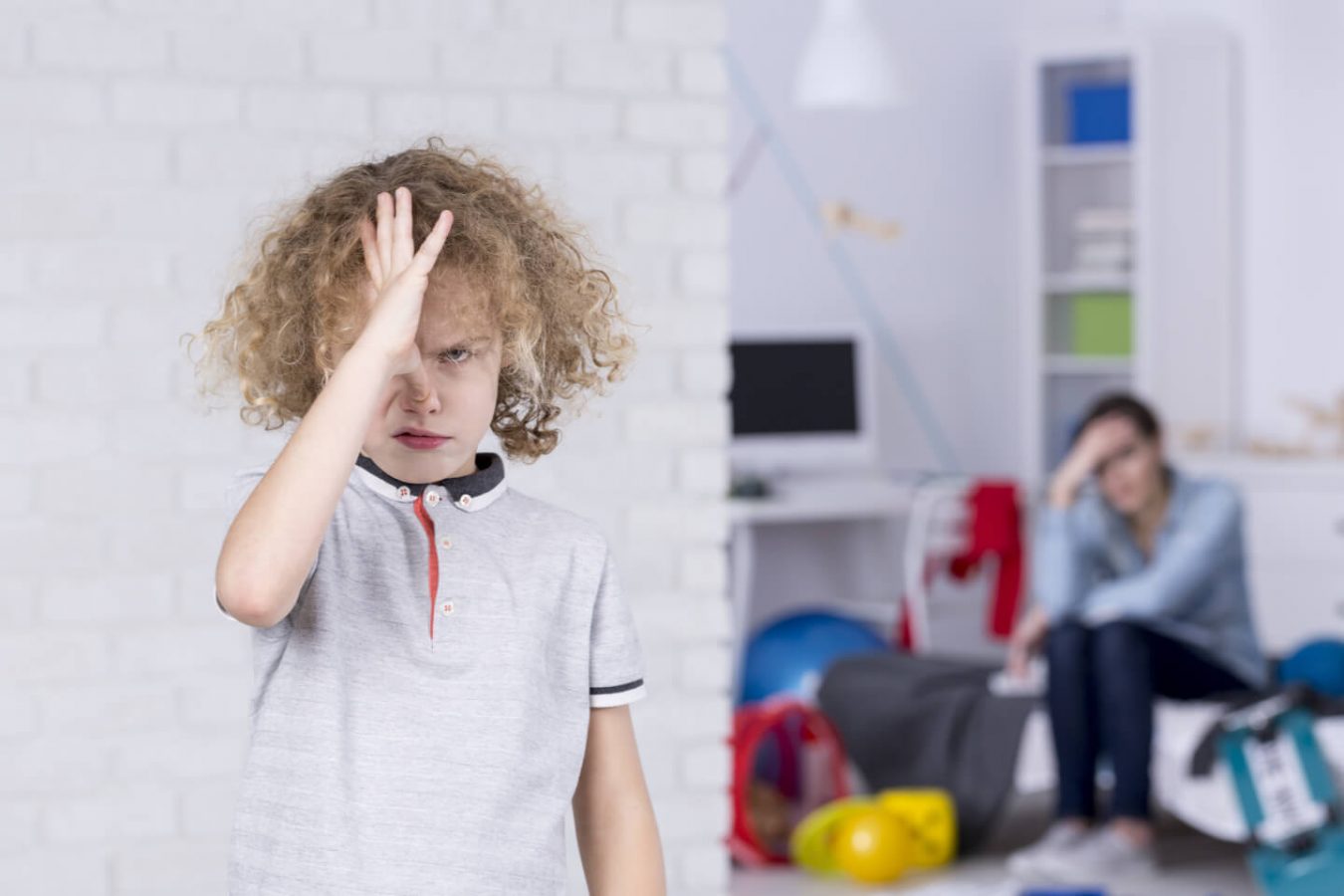
Our selection of thought-provoking and useful articles from around the web on educating and raising children.

(Jade Sheen, Amanda Dudley, The Conversation)
Children telling you they don’t want to go to school is commonplace. It becomes a bigger issue when that reluctance escalates into a more significant psychological problem, called school refusal. The authors write that about one to two per cent of children experience school refusal, described as becoming severely distressed at the prospect of going to school and having prolonged absences. It’s caused by multiple, complex factors – fear of failure and bullying among them. The article offers strategies for parents to help their child. You might also like our post Getting School Refusers Back to School.
Want to raise empathetic kids? Try spending time in nature
(Kitson Jazynka, The Washington Post)
There’s a growing awareness of the importance of children experiencing nature. Take Richard Louv, the author who coined the term ‘nature deficit disorder’, who we interviewed in 2016. In the same vein, this article explores how connecting with nature can improve empathy in a child. Caring about nature can translate into being more compassionate and caring toward other people, it says. There are some simple suggestions, such as bird feeders and playing ‘bug bingo’.
Parents: let your kids fail. You’ll be doing them a favor
(Jenny Anderson, Quartz)
We all want our children to be happy, right? But are we more worried about this than having competent or autonomous kids. This is the theme of a best-selling book, The Gift of Failure, by parent and teacher Jessica Lahey. The article notes that at book launches, at least one parent comes up to Lahey in tears. They tell of a 16-year-old son who cannot pack a backpack, or an 18-year-old daughter who cannot manage conflict.
Why do kids lie, and is it normal?
(Penny Van Bergen, Carol Newall, The Conversation)
We know that honesty is an important trait. So how do you feel when your young child starts lying? Typically, it’s in the preschool years that children start lying. ‘These intentional attempts at deception may worry parents, who fear their child will become a pint-sized social deviant,’ write the authors. The good news is that there is no need to panic. From a developmental perspective, it’s rarely cause for concern, and shows children becoming aware that others have different feelings, desires and beliefs to them.
Like this post? Please share using the buttons on this page.
You can also subscribe to The Parents’ Website and get regular updates straight to your inbox.


